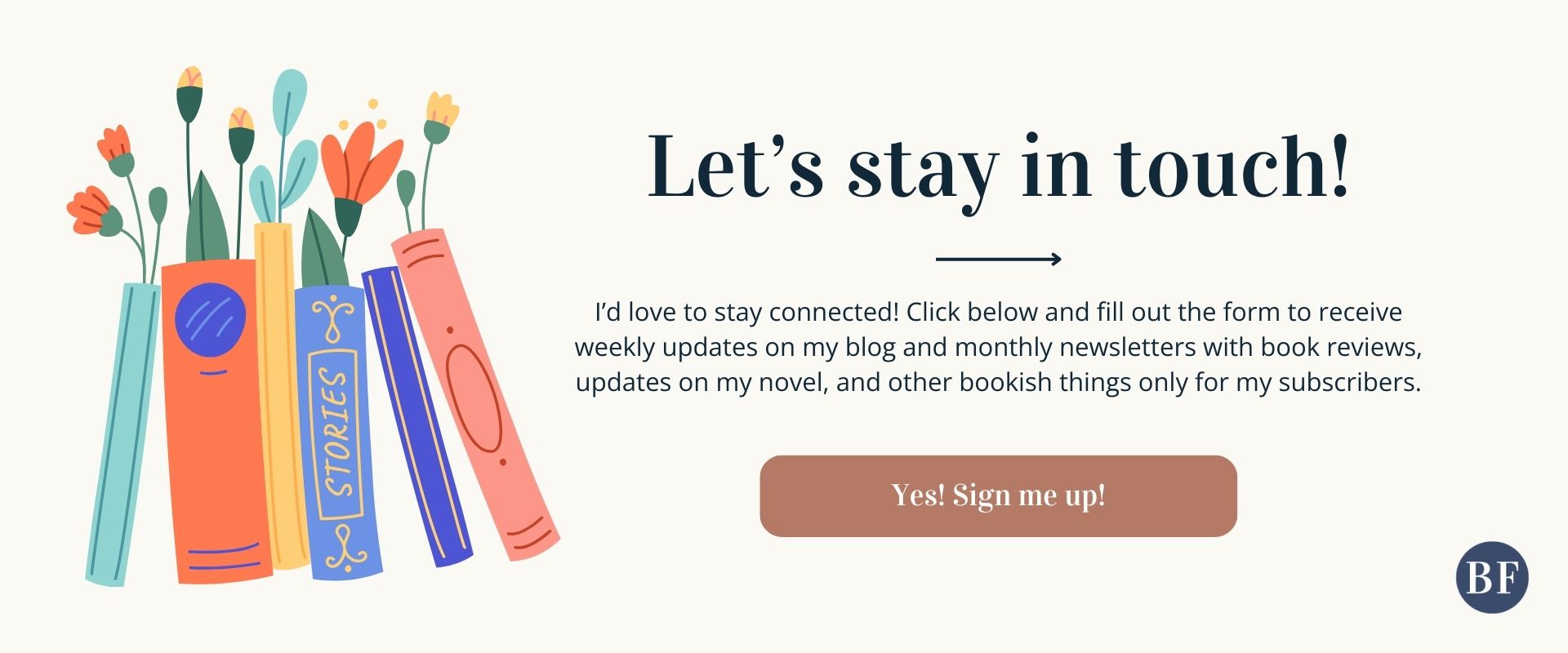If you’ve known me or spent any amount of time reading my blog, you know I love to read. So much so that I’m usually reading a few books at a time. I have a book next to my bed, a stack on the shelf by my reading chair, and a book on the kitchen table. If you count the “books” on my phone, there’s always a book within reach. Those “books” on my phone–audiobooks–are the trick to how I can read as many books as I do. What’s your stance on audiobooks? If you haven’t already tried them and fallen in love, I’d love to share some benefits of listening to audiobooks.
You may be tempted to think that listening to stories is a new techie thing. But it’s not. Since Adam and Eve, people have been listening to stories. I was reminded by an article on Psychology Today that Hans Christian Andersen, the Brothers Grimm, Shakespeare and others drew on stories that had already been shared over and over again from generation to generation, oftentimes through oral tradition.
It’s no wonder we enjoyed being read to as children. It’s in our DNA! Listening to a story from a gentle voice can still soothe and comfort us, like when we were wee little ones.
Still, as I researched the benefits of listening rather than reading, I found some contradictions. Some say reading a physical book is better than listening, and others say the opposite. (Some even say that listening to an audiobook doesn’t count as reading. I respectfully disagree.)
My conclusion? It comes down to personal preference. But there are some distinct benefits to listening to audiobooks over reading physical books, and I think it’s worth including both mediums in our reading lives.
First, the Science-backed Benefits of Listening to Audiobooks
#1. Audiobooks have the same benefits as reading.
Don’t let anyone tell you listening to an audiobook is cheating. Discover Magazine cites a study published in the Journal of Neuroscience explaining researchers found that “stories stimulated the same cognitive and emotional areas, regardless of their medium.”
Reading and listening are both great ways to explore a new author, get lost in a good story, or learn something new. And whether you’re reading the words on paper (or screen) or hearing them, new words can help with comprehension and vocabulary.
#2. Audiobooks may help us imagine the story more vividly.
The Journal of Verbal Learning and Verbal Behavior found that we create more meaningful imagery when we listen. When we read a physical book, a lot of focus is spent filling in the gaps (the voices, sounds, settings, and more). Listening can free up our brains to imagine the scenes more vividly.
#3. Listening can help us understand deeper meanings more quickly.
When we listen, we subconsciously force our brains to find deeper meanings more quickly because we can’t go back and re-read.
Matt Davis from the University of Cambridge also explains “the additional effort involved in reading the words uses mental resources that they would otherwise need for comprehension and memory.”
I found this fascinating . . . The University of Texas tested whether there was a difference in comprehension between reading and listening to a proverb. The results showed that when we hear a statement, we are more likely to connect it to a deeper meaning than if we were to read the same statement. When we read, “our brain will pick out the literal elements rather than those that contribute to its deeper meaning, making us more likely to associate that proverb with others that use the same words” not have the same meaning (source).
#4. Audiobooks help relax your eyes.
We spend so much time looking at screens: watching tv, scrolling social media, reading articles, working. It’s not great for our eyes. And focusing on things that are close for extended periods of time can cause discomfort and eye strain whether it’s a screen or a book. Audiobooks give your eyes a chance to relax, whether you’re relaxing on the porch swing or cleaning the kitchen.
#5. Audiobooks improve critical listening skills and your focus.
I admit, when I first started with audiobooks, it was a challenge. I struggled to stay focused. I’d find myself listening to a scene and then think, “What’s going on? Who is this person?” REWIND. If you feel like you’re not a great listener, listening to audiobooks may help. It worked for me! We have shorter attention spans than we ever had in the past (thanks, social media). Listening to audiobooks trains your brain to pay attention for longer periods of time.
Benefits of Listening to Audiobooks That Actually Apply to You Now
Yes, studies are all well and good. But Really, you might be thinking, Why should I try listening to audiobooks? I love the feel of the pages under my fingers, the quiet time curled up on my favorite chair with a cup of tea. Why would I want to give that up?
I’m not proposing you do. You’ll find me in the exact same position at least once a day.
But you might want to consider adding audiobooks to your reading routines.
#6. Audiobooks allow you to read on the go.
Pop in your earbuds and get to work dusting, tossing in a load of laundry, or doing the dishes. Connect to the speakers in your car and listen while you commute or take a road trip. Unlike a physical book that requires at least one hand and your visual focus, audiobooks allow you to keep moving and do other mindless tasks. Now something that was boring can be fun and productive!
#7. Audiobooks help you reduce negative thinking.
Have you ever been caught in a cycle of worry or negative thinking? The best thing to do is pray and turn to your Bible. But it can be hard to slow the negative thoughts enough to pray or read. Listening to the Bible or devotionals on audio can help.
According to Psychology Today, “listening to someone else read aloud can help by replacing negative thoughts with something else.” Turn to an app like Dwell, a scripture-listening app, so you can listen to the Bible. I love using this sometimes for my daily reading.
#8. Audiobooks can help you sleep.
Similarly, when you’re finding it hard to fall asleep because you just can’t shut your brain down, listening to audiobooks can help quiet your mind. You can relax your eyes, keep the room dark, and listen to a soothing voice. Think of it like someone reading you a bedtime story. (The Dwell app also has a group of readings called “Sleep to Scripture.”)
#9. Audiobooks are a great alternative if you struggle to read physical books.
If you have trouble with the physical act of reading, audiobooks are a great alternative. Young children, people with dyslexia, those who are visually impaired (or if you just can’t sit still long enough) might get more from listening to a book than reading it.
Being read to also helps maintain good mental health in the elderly (source). As our hands develop tremors and our eyesight gets weaker, we might find it harder to hold a book, turn delicate pages, or read the small text. Audiobooks can keep us connected to literature and learning as we age, keeping our brains sharp. My husband’s grandmother was an avid audio book listener (books on tape!) for many years because she had very poor eyesight.
The Downsides
I can’t share the benefits of listening to audiobooks without giving you the full picture. Audiobooks come with some challenges. These challenges aren’t reasons to avoid audiobooks, though. Instead, they might help you select the right books to listen to.
Whether we’re reading or listening to something, our minds occasionally wander. If you’re reading, you just flip back a few pages or glance back up to the top of the page where you lost your focus. If you’re listening, though, it’s hard to go back to the right spot.
You can’t underline or highlight, take notes in the margins, or dogear a page. There’s no flipping back through the pages to help you clarify the story or a concept. Seeing the words on the page makes it easier to flip back to the right spot, so it can be harder to keep track of lots of characters or complicated plots in audiobooks.
For these reasons, I don’t usually listen if I want to learn something complicated or if it’s difficult to understand. Maybe save the classics for hardcover.
Ways to Listen to Audiobooks
Are you ready to jump in and give it a try? There are a few great ways to listen to audiobooks:
#1. Audible or Libro.fm
Apps are probably the most popular way to listen to audiobooks. You can either purchase one book at a time or sign up for a subscription. At the time of writing, the subscriptions for both Audible and Libro.fm cost $15 per month and give you 1 credit per month. You can buy any audiobook of any length or price with that 1 credit. It’s a great deal, and a great way to consume audiobooks. Libro.fm is great because you support your local bookstore!
#2. Libby or Hoopla
Libby and Hoopla are apps that can be accessed through your local library. Here you can borrow audiobooks just like you can borrow a physical book from the library. The selection is not unlimited, but it’s always worth checking before spending money or a credit on an audiobook. (Bonus: You can also borrow ebooks this way!)
#3. Purchase an audiobook CD.
Ah, the original way to listen to an audiobook: the “book on tape.” I remember early experiences with cassette tapes (gasp!) and then CDs long before digital formats. Since then, we’ve listened to countless books on CD. If you want to go old-fashioned and pop a CD into your CD player, or you want to set your little one up with an audiobook without sacrificing your cell phone, you can still buy or borrow books on CD.
How to Pick a Good Audiobook
I hope these benefits of listening to audiobooks gave you good reason to give them a try! Before you rush to download your first one, though, consider:
- Will I like this book? Just like choosing a physical book, get a good idea ahead of time. If you are new to audiobooks, you might want to start with a book you’ve already read and know you’ll love. Just to see how it goes. Or take a trusted reader friend’s suggestion! (Don’t forget to consider nonfiction and fiction!)
- Will I like the narrator? Be sure to listen to a sample before purchasing. This is usually an option. The narrator can make or break your reading experience. Some audio listeners will read any book narrated by certain authors which I find interesting.
- Will I be able to follow this book without reading along? Is it a complex plot with hundreds of characters and timelines? Or a nonfiction book with lots of new terms? If in doubt, maybe save it for a physical book you can read while sitting in your cozy chair with a highlighter and a pen.
Pin this post for later!




